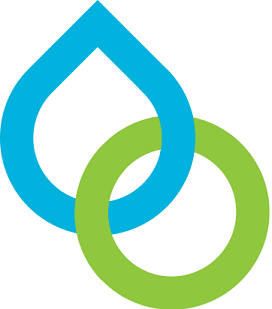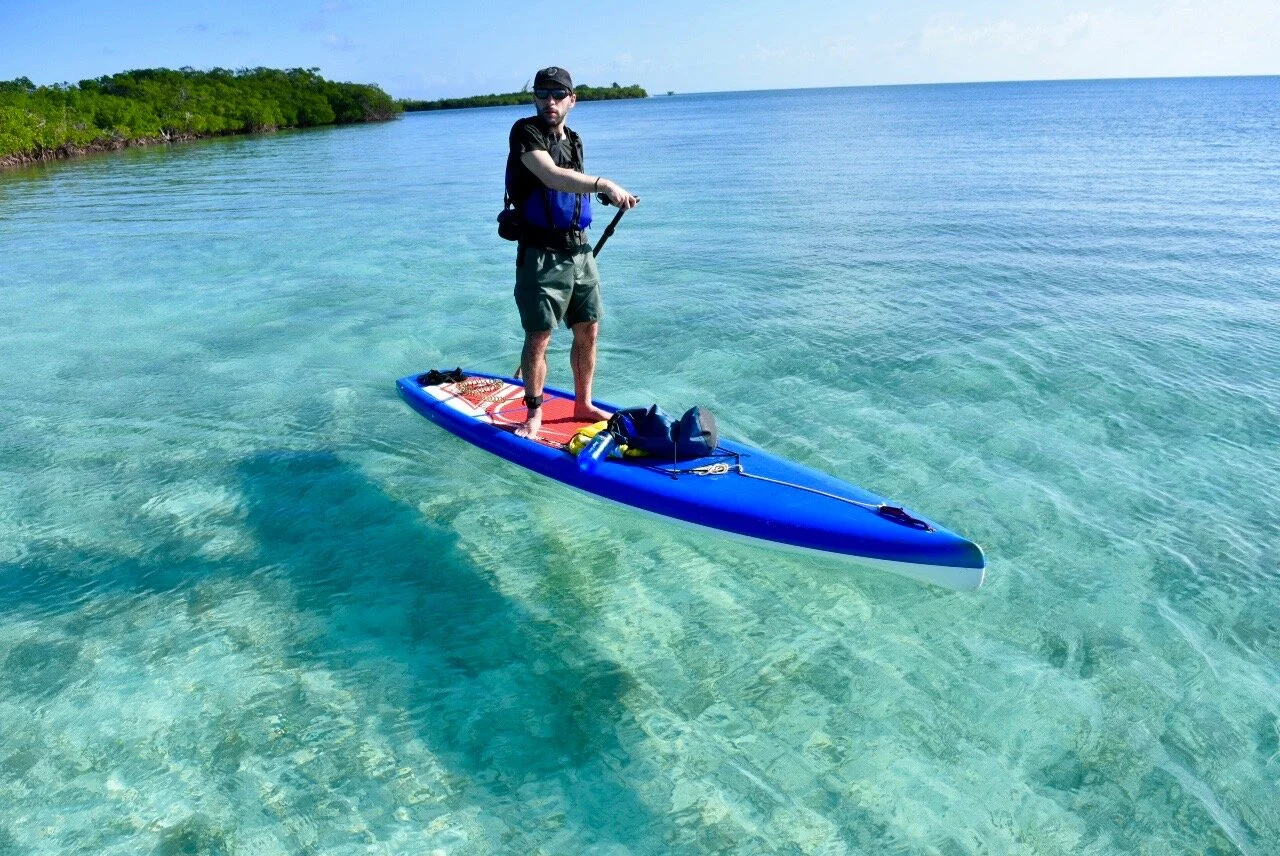Dan Rubinstein is a writer and editor currently living in Ottawa. He recently authored an article titled, “Blue Space is the New Green Space”, which appeared in the June edition of The Walrus magazine.
We were so moved by the piece we just had to get in touch with Dan to learn more about Blue Spaces and get a behind the scenes look at what went into the article. Please enjoy Part One of the interview between Dan and our Digital Content Manager, Benjamin Hargreaves below.
The interview has been edited for length and clarity.
Ben, Water Docs: Just to start, for people who haven’t read the article yet, what are Blue Spaces?
Dan: “Blue space is basically being in, on, or around an aquatic environment. We know that being in a natural place and being active, those things are good for us. They're good for our bodies, they're good for our minds. There's a whole body of research that's finding and showing that there are even more benefits to spending that time in blue space.”
Ben, Water Docs: Tell me how you got introduced to the idea of Blue Spaces and came to want to write an article about it?
Dan: “Going sort of way back, much of my free time and journalistic time and writing time was dedicated to walking a few years ago. I walked a lot around the cities where I lived and visited. I ended up writing a book about walking and about the many benefits of walking, and the physical health, mental health, social, economic, environmental benefits, everything.
That led me to a lot of research on and reporting on the therapeutic properties of time in nature or green space. That kind of chapter of my work led me [to] trying paddle boarding after seeing people stand up paddle boarding for years. I got a board and fell head over heels in love with it and started spending as much time as possible on the water.
I began to think about how I felt while paddling and talked with others about it. That led me into blue space. But as the story I wrote for The Walrus and a lot of other work I've been doing over the past couple years has shown me, there's something more to it, there's something different to it than just being out in nature.”
Ben, Water Docs: I can definitely relate to that. I've been paddle boarding a fair amount of times and there's not really many things like it in the world. I haven't been deep-sea diving or skydiving, but I think it's kind of a similar feeling - where you're in a place that you are not necessarily supposed to be.
Dan: “Yeah, I've lived in half a dozen cities across Canada from Halifax to Edmonton and every city that I've been in, and most communities throughout the world are on some body of water, whether it's the ocean, [a] lake or river.
I've never owned a way to get in the water and suddenly with an inflatable paddle board, which cost us a couple hundred bucks, I could literally put on my back and hop on my bike or hop on the bus, I could get onto the water anywhere. That led to a more intimate connection with water. I started paddling on the Rideau River, which is relatively close to where I live in Ottawa. So I started to see the city in an entirely different way.
I would argue that the connection to water is a little more intimate on a paddle board. You're literally standing on this thin thing so you feel every ripple, you feel all of the currents, you feel the wind, and you just have this one paddle to propel yourself. You really feel like you’re part of the aquatic environment.”
Ben, Water Docs: In the article, you mentioned a few of the innovative Blue Space projects and studies that are going on around the world like one of the Netherlands, Wisconsin, UK and Toronto. I wondered if there were any other ones you came across in your research that could be interesting for the people who are into this subject could keep an eye on?
Dan: “I would suggest looking into the Blue Health Network, which was a five-year European major research project. It involved the person I would say who's the leading blue space researcher in the world, a British environmental psychologist named Mat White, who is now at the University of Vienna. He's one of the people I interviewed for the story.
There have been so many studies on different projects, whether it [sic] looking at existing things, or new interventions throughout the world, under the Blue Health umbrella, that show the benefits of Blue Space.
I think it's being seen as a public necessity. And you're seeing a lot more advocacy work towards not only cleaning up the waterfront, in a city such as Toronto, where a lot of the waterfront used to be industrial, but providing access to people. Providing spaces, public spaces where people can get to the water for all the reasons we've been talking about.”
The conversation doesn’t end here!
Keep an eye out for part two of our interview where Dan and Ben discuss what was left out of the article, innovative Blue Space projects around the world, and we ask how Chad, the firefighter you met in Dan’s article, is doing.



